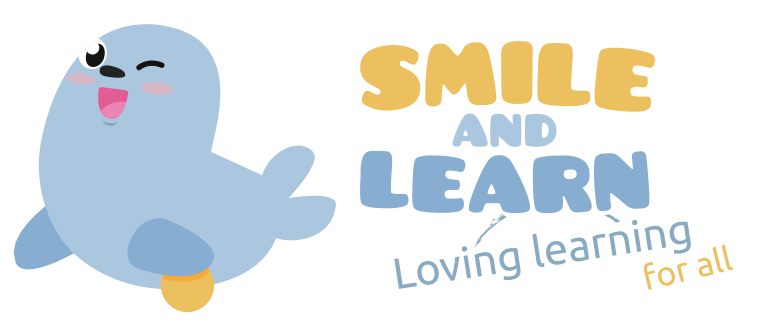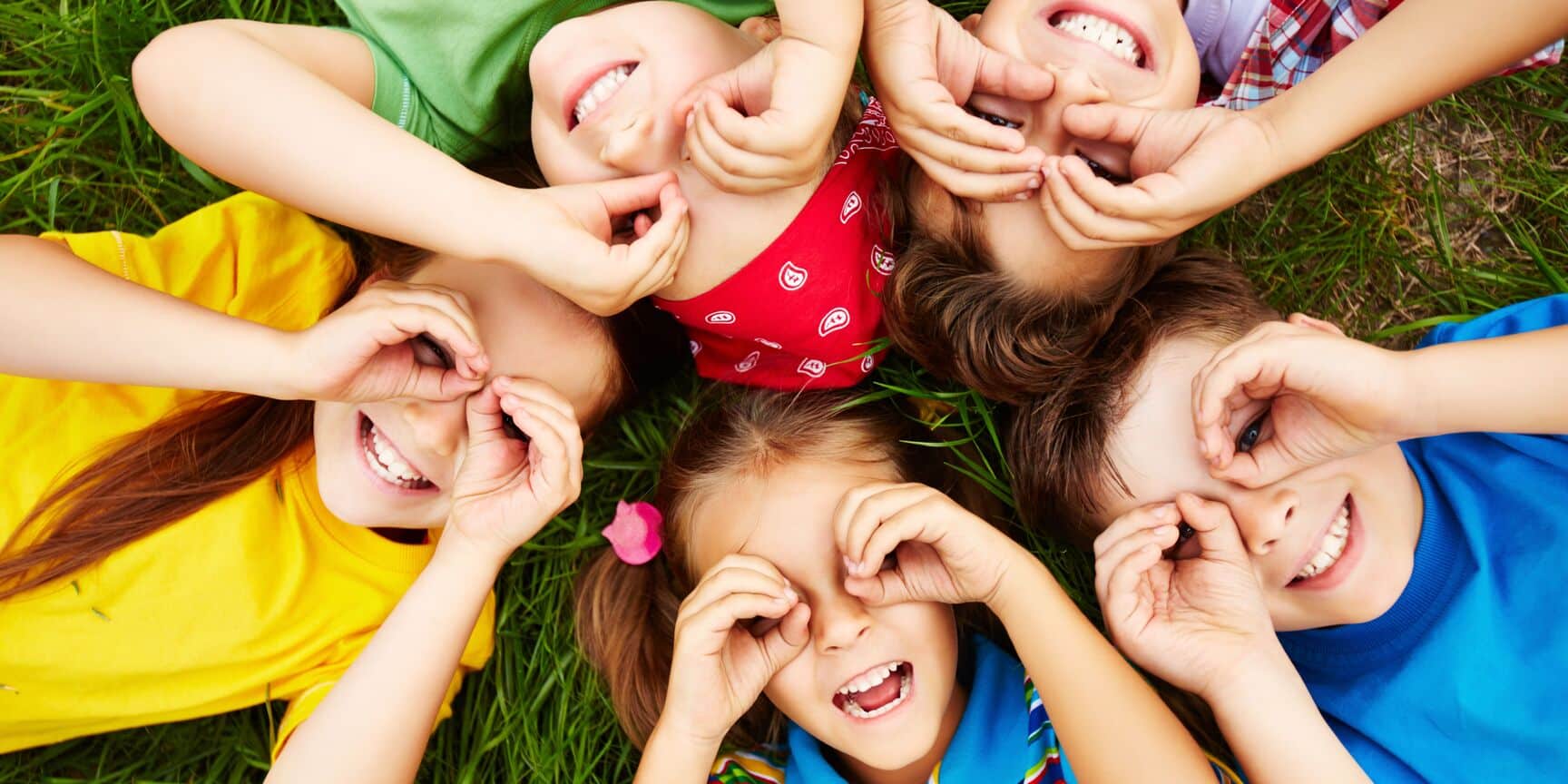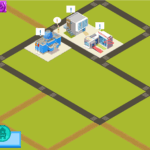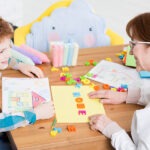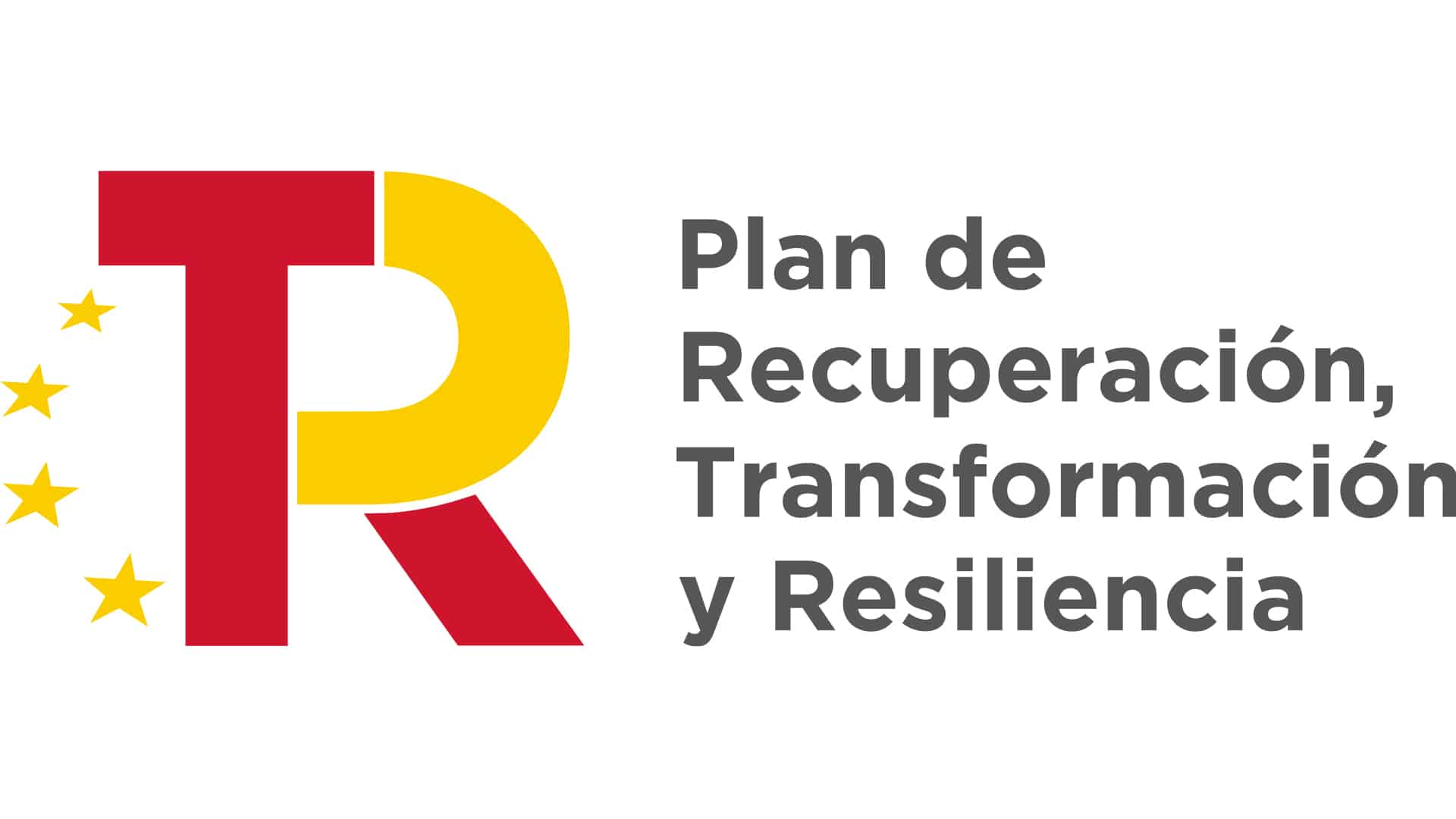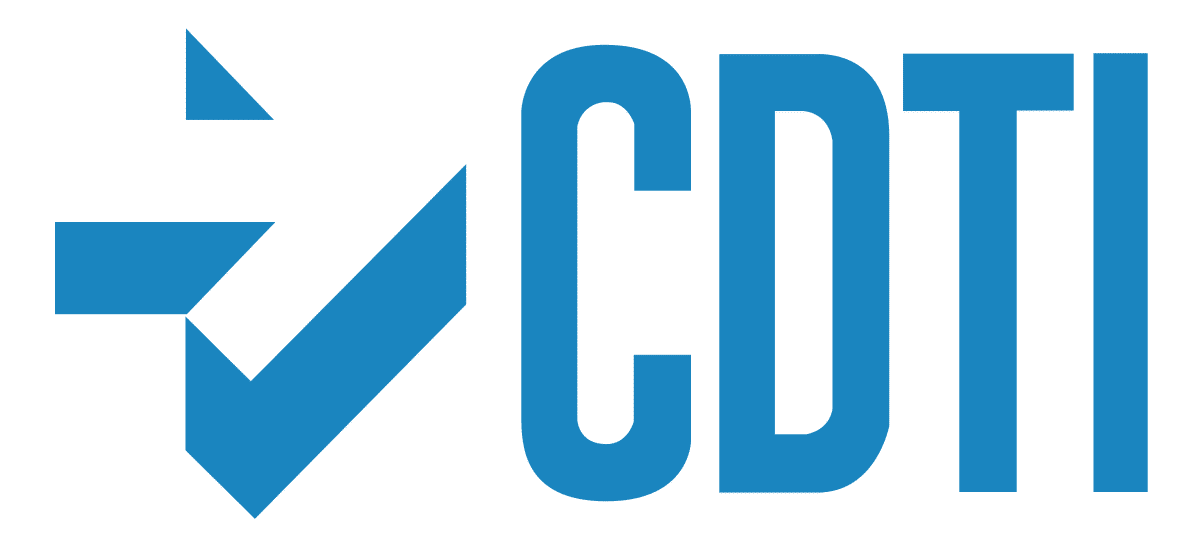Education has undergone significant changes in recent years for various reasons. The advent of ICT in schools, society and how it views education, and globalization increasingly affect what is taught in the classroom. Today, the skills and knowledge that children must gain from school go beyond math, foreign languages, and literature; therefore, it is increasingly important that children acquire skills that allow them to adapt to the rapid changes and constant evolution of technology and the job market.
Twenty-first century skills are a set of skills that are essential for personal and professional development. They enable people to be more innovative, efficient, and effective both in the world of work and in society in general.
According to UNESCO, these are some of the essential 21st century skills that children should develop:
- Critical thinking. The ability to analyze and evaluate information objectively is fundamental in any field. It is important that children learn how to make their own decisions, identify and analyze information, and reflect.
- Problem solving. The ability to find effective and efficient solutions to difficult or challenging situations.
- Communication and collaboration. Teamwork helps children develop social skills, such as communication, cooperation, and empathy.
- Creativity and innovation. Creativity stimulates critical thinking and problem solving. Involving children in creative activities encourages them to think outside the box and consider different approaches to finding solutions.
- Information, media, and technology literacy. It is important for children to be up-to-date on technological advances and know basic skills such as programming. In addition, they need to learn to use technology safely and responsibly. By doing so, they will further develop critical thinking skills and be able to form their own opinions.
- Adaptability. Adaptability allows children to be more flexible in their thinking and actions.
- Seeking out and valuing diversity. If we teach children to value diversity, we prepare them to be fairer and more equality-minded citizens in an increasingly diverse world. This helps prevent discrimination and promote inclusion.
- Civic and digital citizenship. Civic and digital citizenship is about having personal and social responsibility both in the online and offline world. By educating children in civic and digital citizenship, they are encouraged to be responsible with their actions and to behave appropriately, both online and in the real world.
With Smile and Learn, not only do children learn academic subjects, but they also develop these essential 21st century skills. Our content, for example, tries to be as inclusive as possible and we have incorporated eye-tracking technology to make our platform accessible. In addition, we give a lot of importance to emotional intelligence and we have a collection of stories with values for children to become familiar with more complex concepts such as collaboration. If you have not yet tried our educational platform, you can do so for free by filling out this form.
